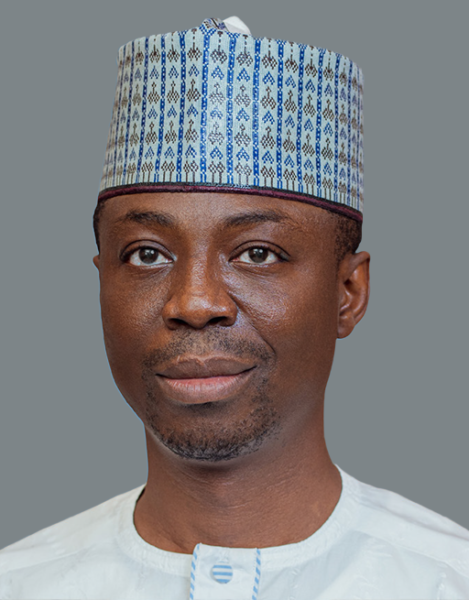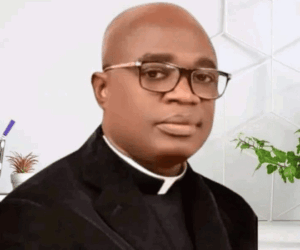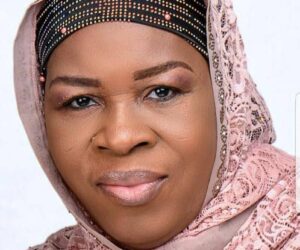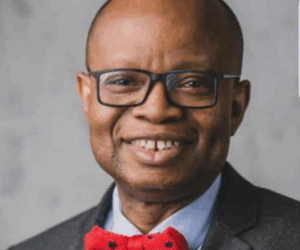
History may well record that in the bilateral at the Presidential palace, the conference halls of the business forum, and over lunch at Itamaraty Palace, a new chapter began — one of shared prosperity, mutual respect, and partnership between Nigeria and Brazil.
When President Bola Ahmed Tinubu walked side by side with President Luiz Inácio Lula da Silva in Brasília last week, it was more than the choreography of diplomacy. It was the meeting of two nations whose histories are intertwined and whose futures beckon toward shared prosperity.
Nigeria and Brazil are not strangers. Both are continental giants, blessed with human capital, natural resources, and the weight of history. Decades ago, our economies stood on almost the same starting line. Today, Brazil is an agricultural and industrial powerhouse, while Nigeria is at the cusp of rewriting its trajectory under a reform-driven leadership.
I was also privileged to attend the Nigeria–Brazil Business Forum, where entrepreneurs, investors, and policymakers from both countries met with candour and focus. The conversations were not vague expressions of goodwill; they were practical discussions about projects, technology, and investment opportunities. It was clear to me that Brazil sees Nigeria as a strategic partner in energy, aviation, agriculture, and trade.
Earlier, at the state luncheon hosted by President Lula at the grand Itamaraty Palace, the symbolism was profound. The setting was elegant, the hospitality warm, and the camaraderie between both presidents very obvious, but what stood out was the genuine respect between hosts and guests. It was a reminder that partnerships are not only built on agreements, but also on trust and friendship.
This visit was not ceremonial. It produced tangible steps forward. Petrobras signalled readiness to return to Nigeria’s energy sector. Embraer announced plans for a service centre in Nigeria, strengthening our aviation industry and lowering operational costs. Air Peace and Caverton Air are preparing to launch direct passenger and cargo flights between Lagos and São Paulo, opening a vital corridor for trade, tourism, and people-to-people ties. Partnerships in agro-processing, Science and Technology, fertiliser production amongst others are getting the needed push.
Each of these commitments carries weight. They will create jobs, expand markets, and link our economies in ways that go beyond talk.
Beyond trade, this visit represents something larger. It represents a rebalancing of global relations. For too long, Africa has been spoken of, rather than spoken with. Nigeria’s engagement with Brazil is part of a broader effort to ensure that the Global South speaks for itself, builds bridges within itself, and takes its rightful place at the global table.
The baton now passes to the private sector. Government has opened the doors; it is up to us to walk through them. Nigerian firms must seize the chance to collaborate with Brazilian counterparts in agribusiness, logistics, energy, and technology. At Matrix, we are already exploring avenues to deepen our footprint from oil and gas to energy, fertiliser production and agriculture through these emerging opportunities.
Beyond trade, this visit represents something larger. It represents a rebalancing of global relations. For too long, Africa has been spoken of, rather than spoken with. Nigeria’s engagement with Brazil is part of a broader effort to ensure that the Global South speaks for itself, builds bridges within itself, and takes its rightful place at the global table.
President Tinubu’s reforms at home through currency unification, subsidy removal, and fiscal discipline are tough but necessary. Abroad, his diplomatic engagements are signalling that Nigeria is serious, competitive, and open for business. For those of us who sat in the rooms in Brasília, the message was unmistakable: this is a new Nigeria, ready to lead and ready to learn.
The visit should not be seen as just another stop in the presidential calendar. It should be remembered as the moment Nigeria declared itself a partner of equals in a changing world. If Brazil could move from food insecurity to global leadership in agriculture and energy within a generation, so too can Nigeria.
History may well record that in the bilateral at the Presidential palace, the conference halls of the business forum, and over lunch at Itamaraty Palace, a new chapter began — one of shared prosperity, mutual respect, and partnership between Nigeria and Brazil.
Abdulkabir Adisa Aliu is the founder and chief executive officer of Matrix Energy, a leading Nigerian energy and trading company with business interests spanning oil and gas, shipping, fertiliser production, agriculture, and mining.










